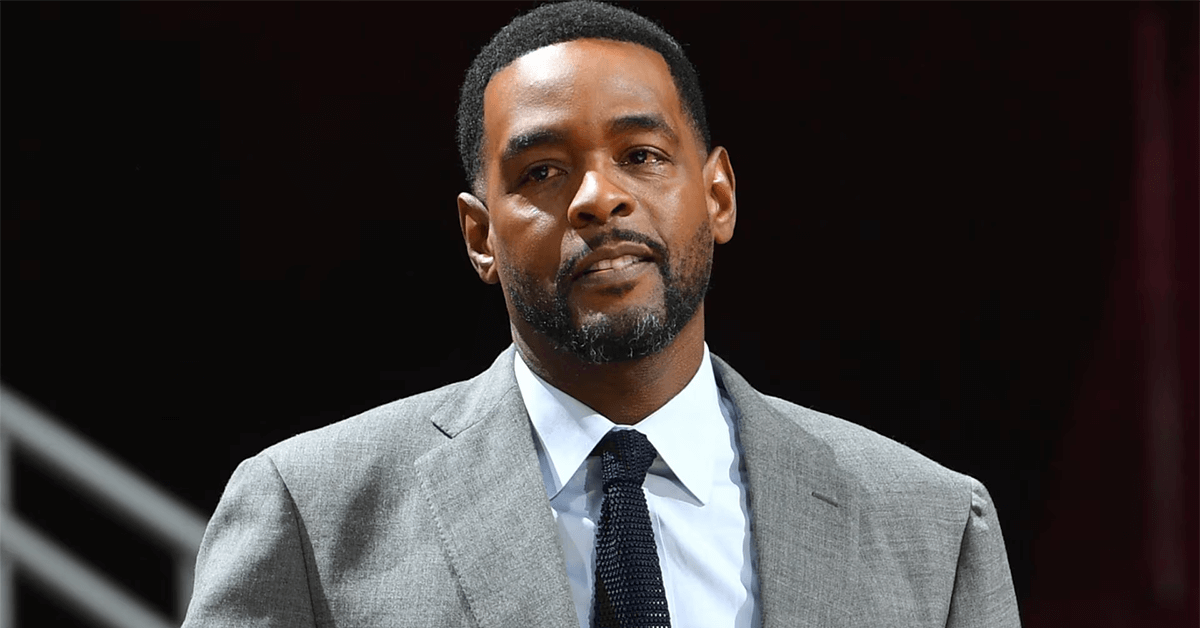Michigan Woman Sues Cannabis Firm Over Wrongful Termination and Medical Leave Dispute

In a significant legal confrontation within Michigan's legal system, a lawsuit has been filed against the cannabis conglomerate TerrAscend Corp. by a woman alleging wrongful termination following her requests for medical leave accommodations. The case, which was initiated in a federal court in Michigan, highlights complex issues surrounding workplace accommodations and disability rights.
Lawsuit Claims Against TerrAscend Corp. Emerge Amid Health Concerns
Kristina Emiry, the plaintiff in this case, has brought forward a lawsuit claiming wrongful termination by TerrAscend Corp., a prominent figure in the cannabis industry. Emiry alleges that her dismissal came after she sought accommodations for a chronic medical condition. According to the lawsuit, Emiry was employed by a company that was subsequently acquired by TerrAscend Corp. Around the same time, she began to experience a chronic health condition that significantly impacted her work life.
Allegations of Workplace Retaliation and Discrimination
The lawsuit details Emiry's attempts to navigate her medical condition while maintaining her employment. She claims to have requested a protected medical leave under the Family and Medical Leave Act (FMLA), which was initially approved until mid-August of the following year. Despite this approval, Emiry alleges she received emails from her manager, Luke Espinoza, which threatened her employment and created a hostile work environment.
Emiry's efforts to seek clarity on her job responsibilities and her preference for written communication due to her condition were reportedly met with silence. Her termination, allegedly for attendance issues, came abruptly, raising questions about the company's adherence to federal and state laws regarding employee rights and accommodations.
Legal Arguments and TerrAscend's Silence
The lawsuit against TerrAscend Corp. raises several legal issues, including alleged interference with FMLA rights, retaliation, and violations of Michigan's Persons with Disabilities Civil Rights Act of 1976, as well as the Fair Labor Standards Act. Emiry's legal representation, led by Noah Hurwitz of Hurwitz Law PLLC, argues that the case exemplifies a broader issue of employers failing to engage in an interactive process to accommodate medical conditions as required by law.
TerrAscend Corp. has not publicly responded to the allegations, and efforts to reach the company for comment have been unsuccessful. The silence from TerrAscend Corp. adds an element of anticipation as the legal proceedings unfold.
The Broader Implications of the Lawsuit
This legal battle is not just about one individual's allegations of wrongful termination; it underscores the critical importance of understanding and respecting employees' rights to medical leave and accommodations. It also highlights the potential legal consequences for companies that fail to comply with federal and state laws designed to protect workers with disabilities.
The case, filed as Emiry v. TerrAscend Corp., is being closely watched for its implications on employment law, particularly in the evolving cannabis industry in Michigan and beyond. As the proceedings advance, they promise to shed light on the challenges and responsibilities of employers in accommodating employees with health conditions.
Share this article:
Spotted a typo, grammatical error, or a factual inaccuracy? Let us know - we're committed to correcting errors swiftly and accurately!








 Helpful Links
Helpful Links